All-Time MLB All-Star Game All-Stars

All-Time MLB All-Star Game All-Stars
1B: Steve Garvey: .393/.433/.821 (30 PA)
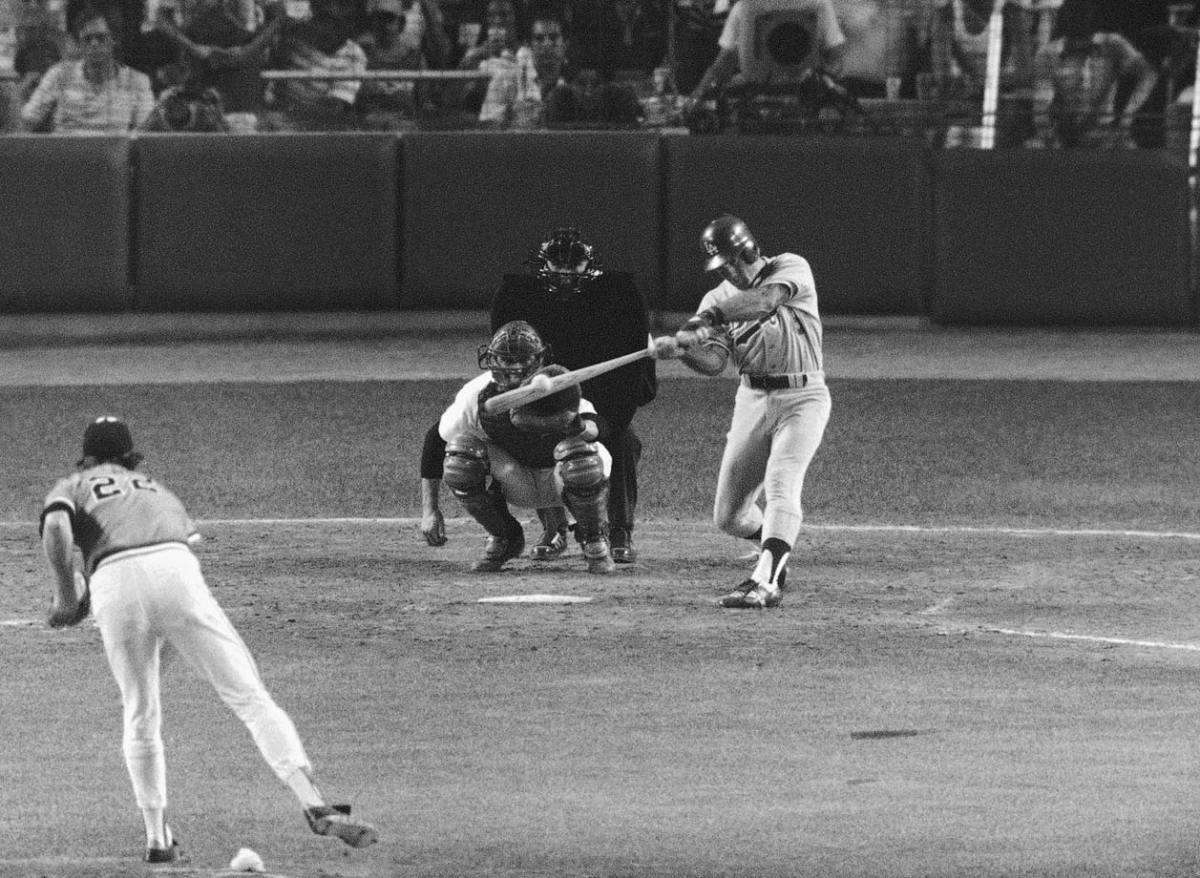
An All-Star in eight consecutive seasons for the Dodgers from 1974 to '81 and (less deserved) then for the Pirates in '84 and ’85, Garvey thrived on the national stage. In his 10 All-Star games, nine of which he started, Garvey hit .393/.433/.821 in 30 plate appearances and became just the second player to win the game’s MVP award twice. Garvey won his first MVP in his first All-Star Game, in 1974. His second MVP came in 1978, when he again played the entire game and went 2-for-3 with a walk, a two-run single in the third and a leadoff triple off future Hall of Famer Goose Gossage in the bottom of the eighth that helped break a 3-3 tie in a four-run inning. Garvey’s .821 slugging percentage in All-Star competition is the highest for any batter with more than 22 plate appearances.
2B: Charlie Gehringer: .500/.655/.600 (29 PA)
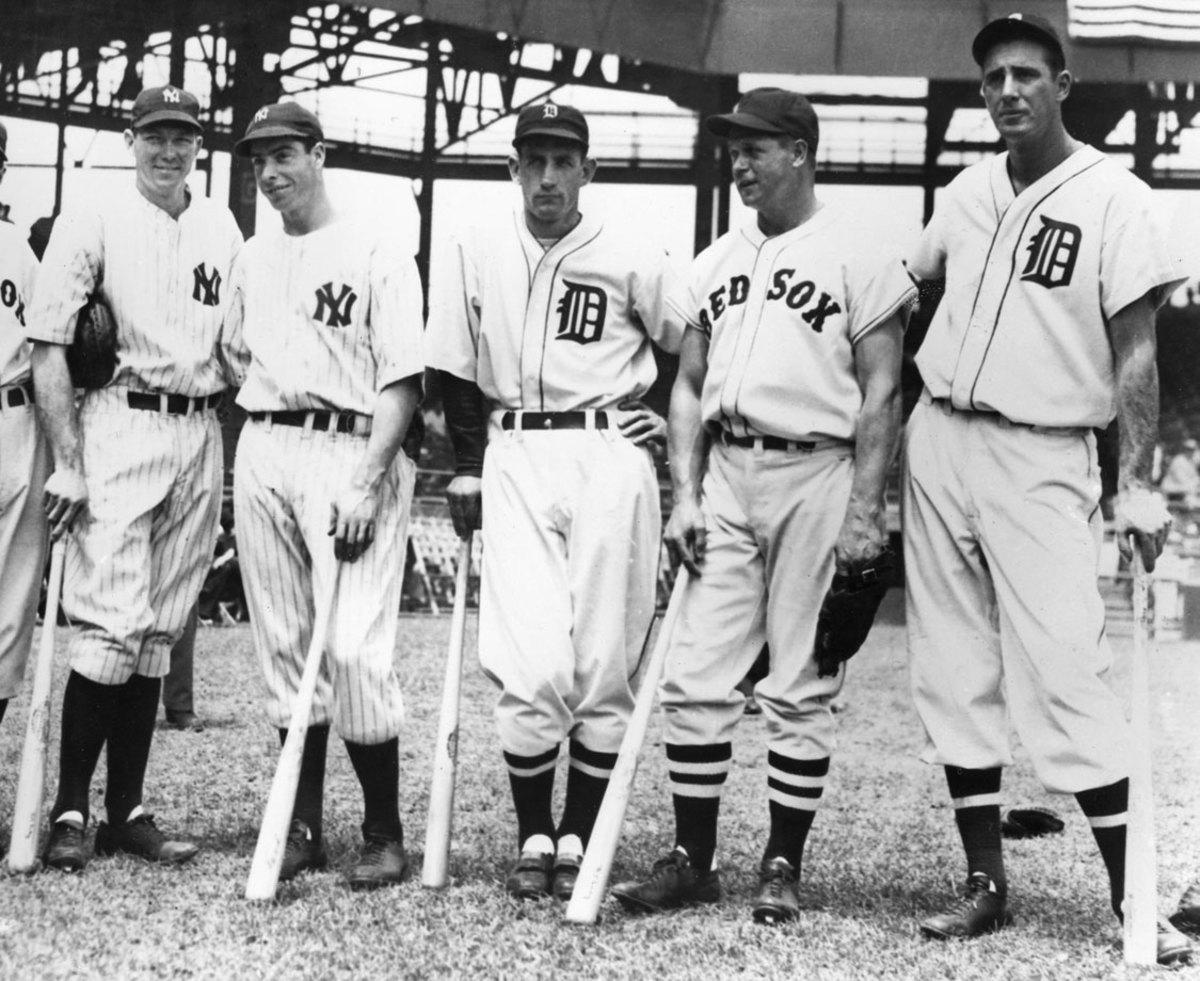
Tigers great Gehringer was the AL’s starting second baseman in the first six All-Star Games, from 1933-38, and he still holds the game's all-time records for career batting average (minimum 12 plate appearances) and on-base percentage (minimum eight PA). Only two of his hits were for extra bases, but in 29 plate appearances, he collected 10 hits and nine walks and didn’t strike out once. Had the All-Star Game existed prior to his age-30 season, he likely would have participated in another four to six Midsummer Classics.
SS: Derek Jeter: .481/.517/.667 (29 PA)
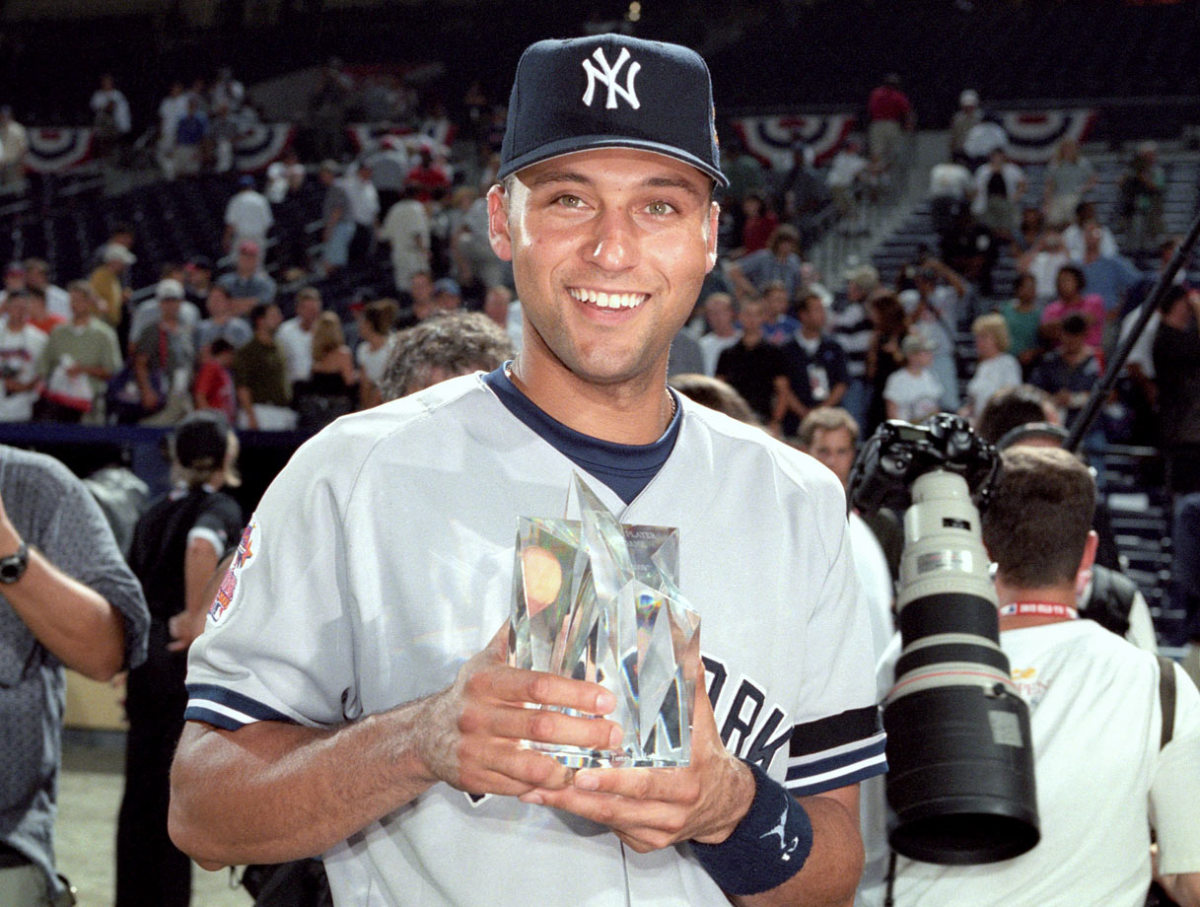
Famously the only player ever to win the All-Star Game and World Series MVP awards in the same season (2000), Jeter’s excellent career line is largely due to going 3-for-3 in each of his first two All-Star starts in '00 and '04 and 2-for-2 in his last year. In total, he made the AL team 14 times, appeared in 13 games (missing '11 due to injury) and started nine of them. As for two-time MVP Ripken, he hit .265/.308/.449 in 52 career All-Star plate appearances.
3B: Ken Boyer: .348/.423/.609 (26 PA)
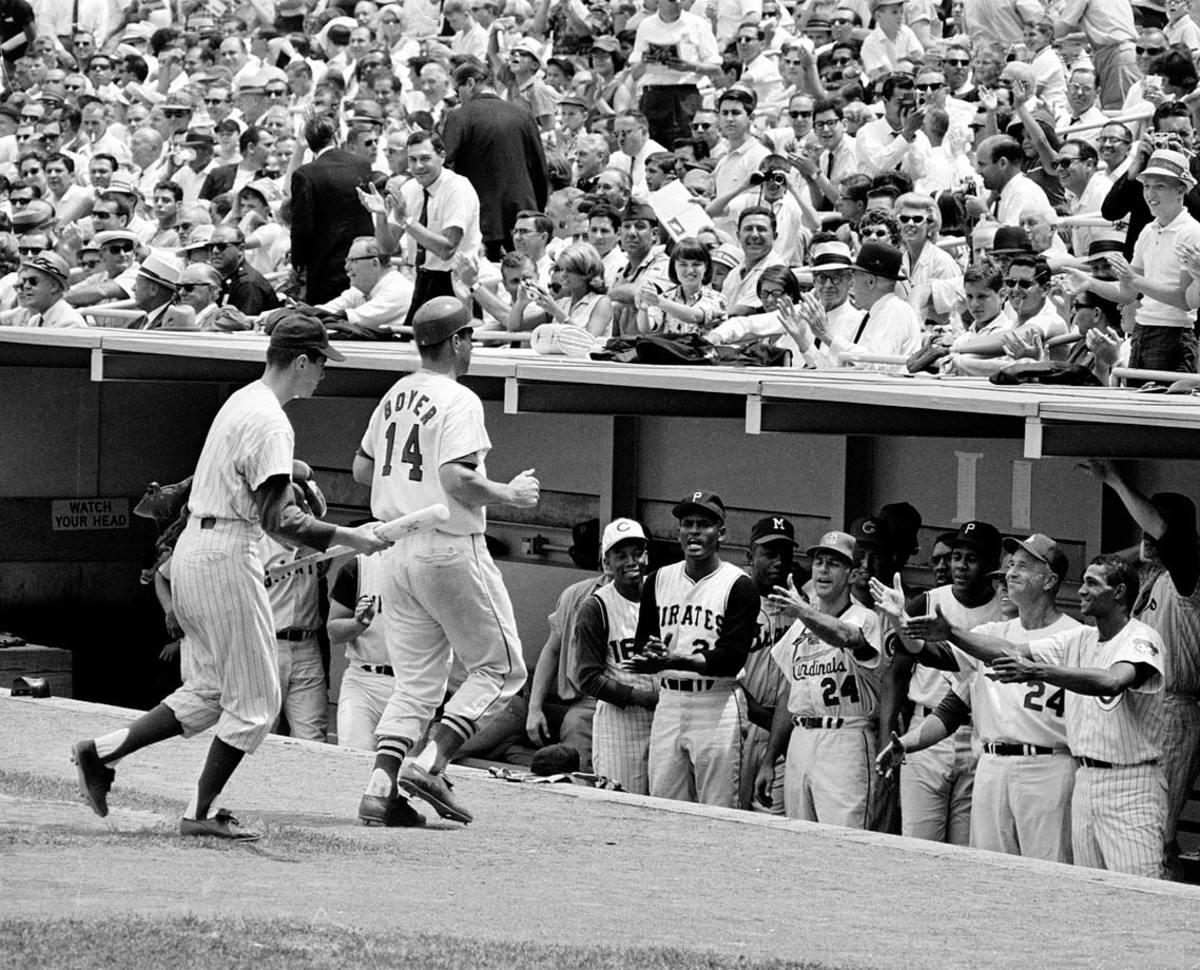
Boyer started at third base for the NL six times, with two of those coming in 1962, the last of four seasons in which MLB held two All-Star Games (done in order to raise money for an MLB player pension fund). His bookends are what put him on this list. In his first All-Star Game in '56, he started and went 3-for-5. In his last in '64, he started and went 2-for-4 with a home run. Had there been an MVP award at the time, he might have won it for the former performance.
C: Johnny Bench: .357/.400/.679 (30 PA)
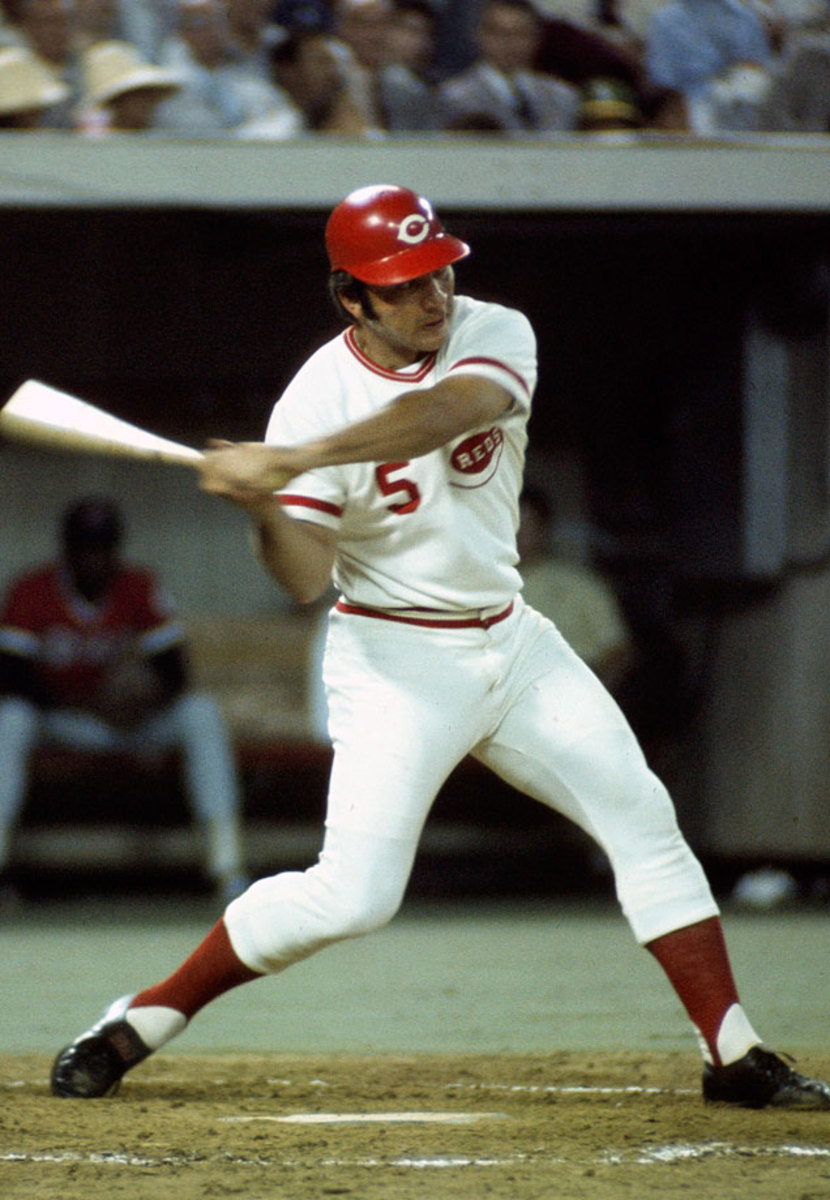
An All-Star every year from 1968 to '80 and something of an honorary selection in his final season in '83, Bench started behind the plate for the NL every year from '69 to '77 and in '80 as well, his final season as a full-time catcher. Bench only appeared in the field in ’68, but in ’69 he went 2-for-3 with a home run and a walk; after an 0-fer in '70, he hit safely in his next six All-Star Games, adding home runs in '71 and ’73. Two-time MVP Gary Carter is a close second here, having hit .300/.364/.750 in 22 career All-Star plate appearances and tying Bench with three home runs, the most by a catcher in All-Star action.
RF: Dave Winfield: .361/.395/.556 (38 PA)
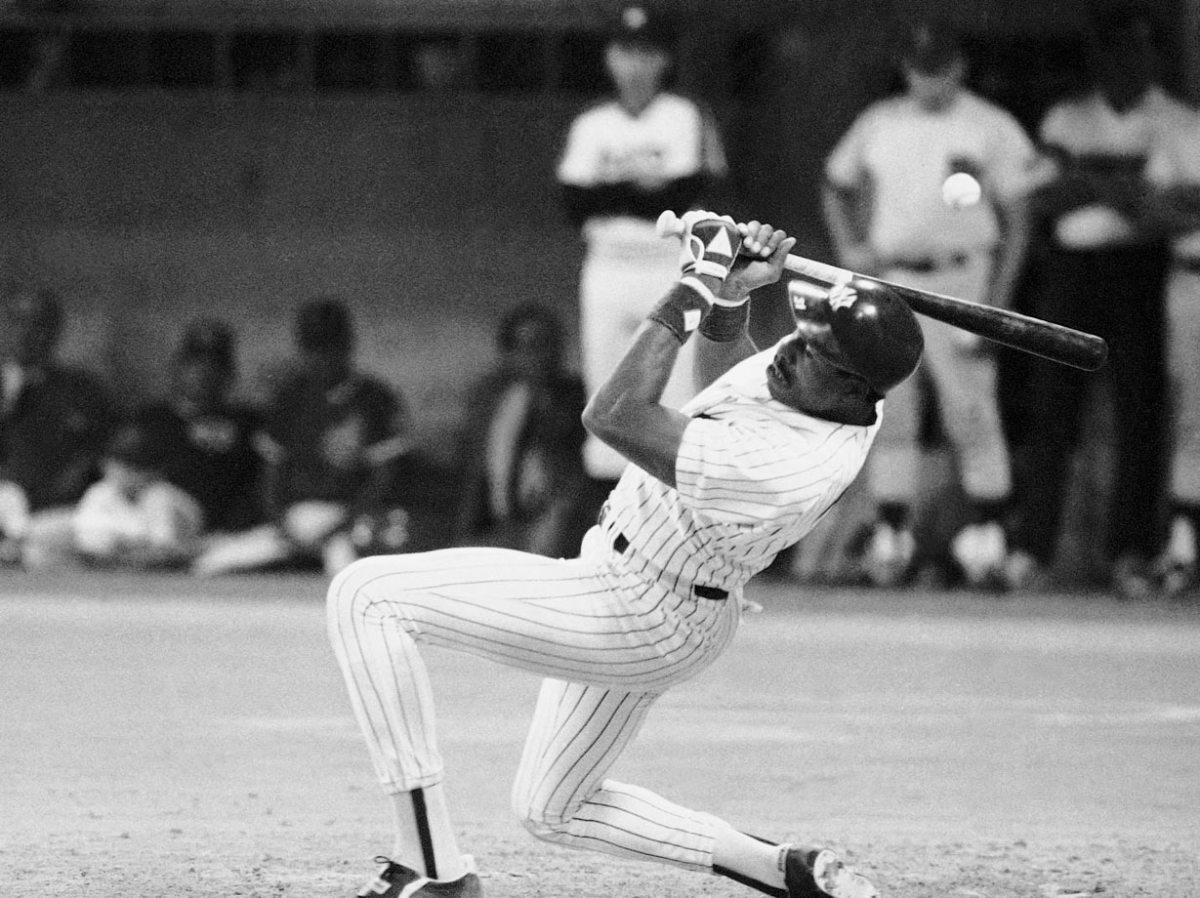
Maybe George Steinbrenner should have called him “Mr. July.” Winfield made his first All-Star appearance as a Padre at Yankee Stadium in 1977, beginning a streak of 12 straight All-Star appearances, the final eight of which came after he joined the Yankees before the 1981 season. He never hit an All-Star home run, but his seven doubles are an All-Star record by a mile, with nine men tied for second at three. Winfield got a hit in each of his final seven All-Star games, but his best showing came in '83, when he went 3-for-3 with a double and an RBI and two runs scored. A close runner up was that first game in '77, when he went 2-for-2 with a double and two RBIs.
CF: Willie Mays: .307/.366/.533 (82 PA)
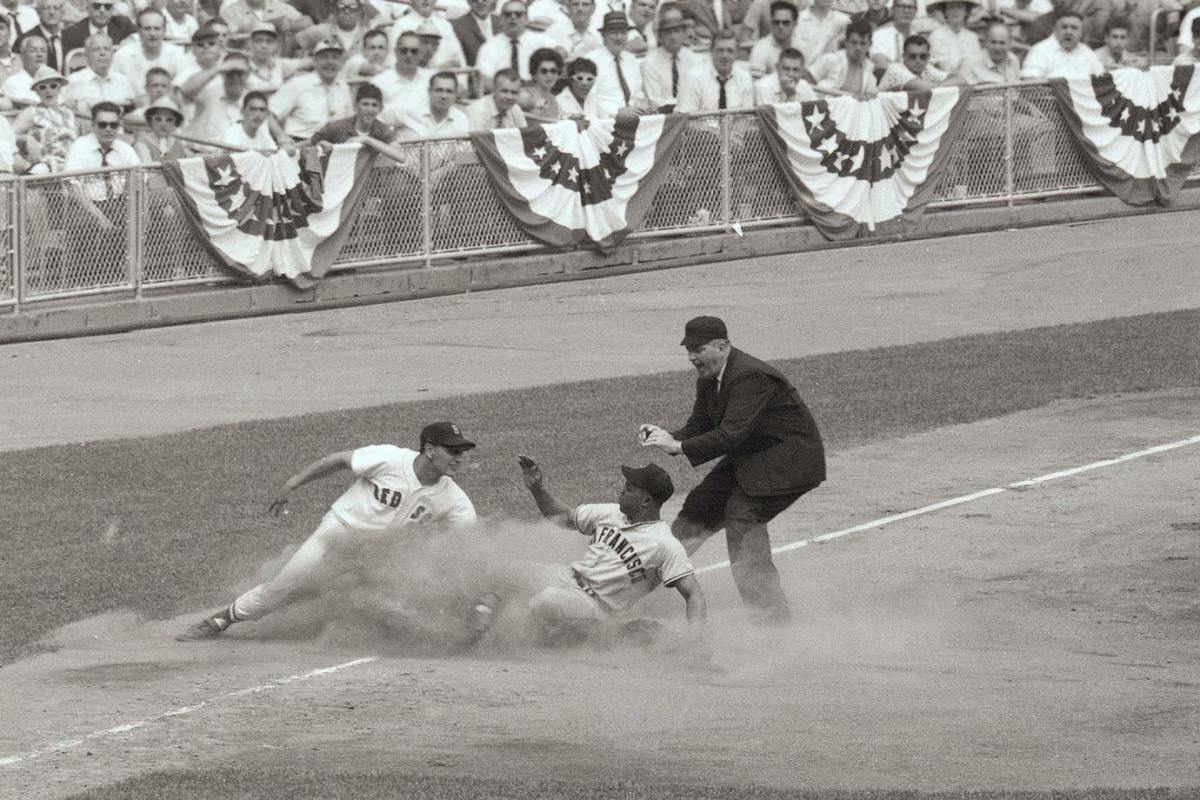
Thanks in part to MLB doubling up on the game for four years in his prime, Mays compiled more All-Star plate appearances and at-bats than any other player in the game’s history. Mays owns the career All-Star records for games started (18), hits (23), stolen bases (six in seven attempts) and runs, scoring 20 to Stan Musial’s second-place total of 11. Mays won the game’s MVP award in 1963—when he singled twice, stole second and scored and later drove in another run in a 5–3 NL win—and '68, when he led off the bottom of the first with a single and came around to score the game’s only run. However his best performances were in the two games in 1960, in which he went 6-for-8 with a double, a triple, a home run and a stolen base, going 3-for-4 in each game.
LF: Ted Williams: .304/.439/.652 (57 PA)
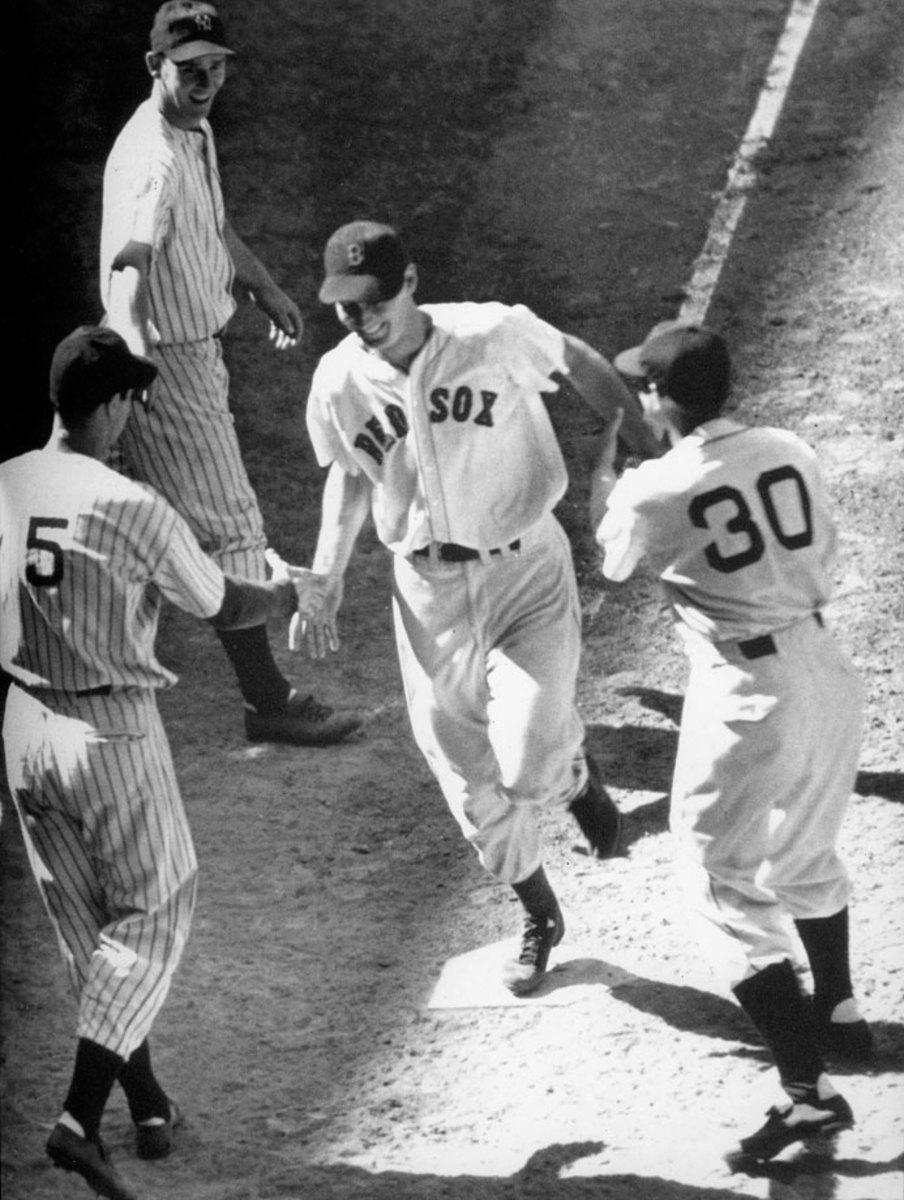
Williams made the team every year from 1940 to '60 except for the ones he missed due to his military service, starting in leftfield for the AL 12 times. In 1941, his second game and start, he hit the first walk-off home run in All-Star play (there have been only two more since). Batting with men on the corners, two outs and the AL trailing 5–4 at Detroit’s Briggs Stadium, Williams hit a three-run game-winner off the Cubs’ Claude Passeau that remains arguably the biggest hit in All-Star Game history. Williams ranks second all-time in All-Star home runs with four, first in RBIs (12) and walks (11) and third in runs scored (10).
DH: Stan Musial: .317/.394/.635 (72 PA)
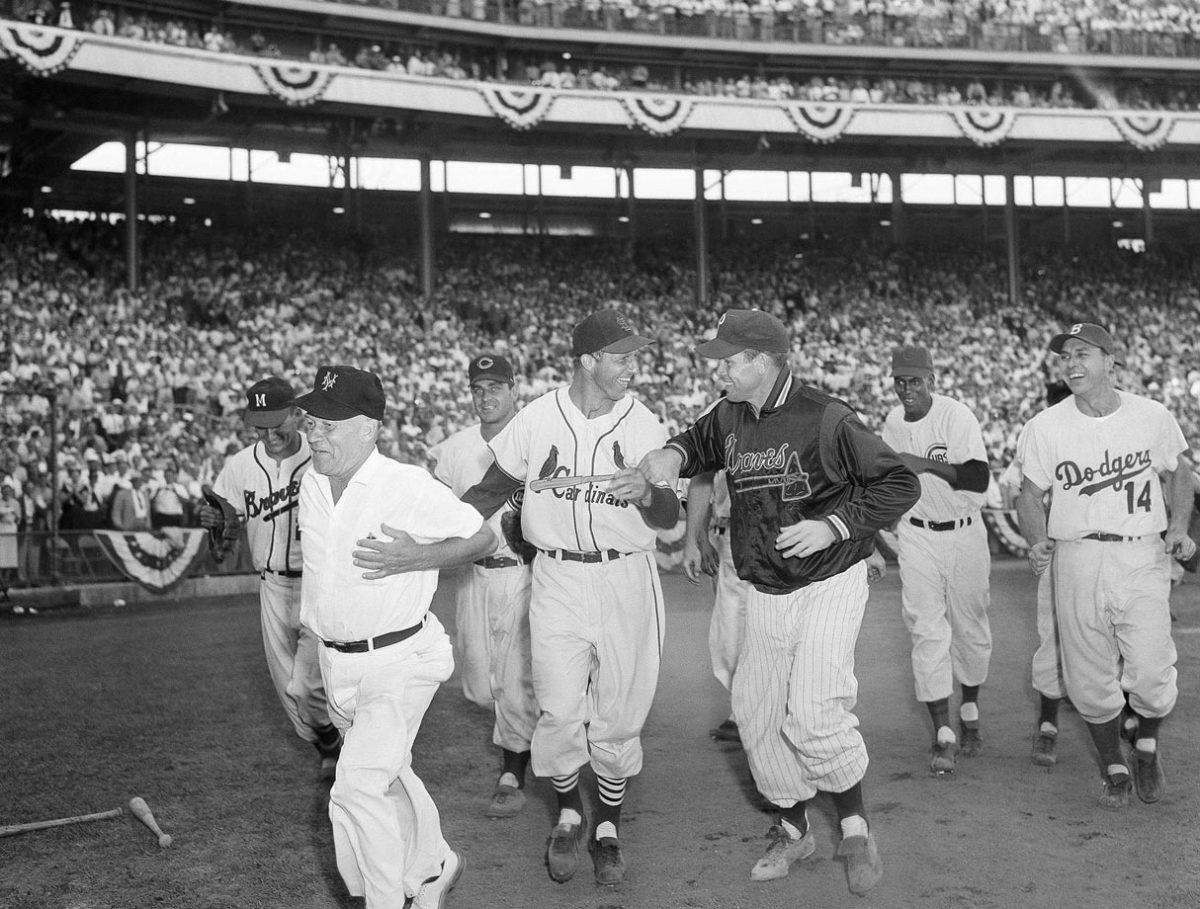
The second walk-off home run in All-Star history was Musial’s solo shot off Boston’s Frank Sullivan in the bottom of the 12th inning in 1955. For Musial, who joins Aaron and Mays as one of just three men to appear in 24 All-Star games, that was the fourth of his record six All-Star game home runs. As large a role as Musial played in All-Star game history, however, he fits best on this team as the designated hitter because of his lack of a consistent position. Musial started 14 All-Star games, 10 of them in the outfield and four at first base, but during his regular-season career, he played more games at first than any single outfield position. Of his 10 outfield starts in the Midsummer Classic, five came in left, three in center and two in right.
RHP: Mel Harder: 0.00 ERA (13 IP)
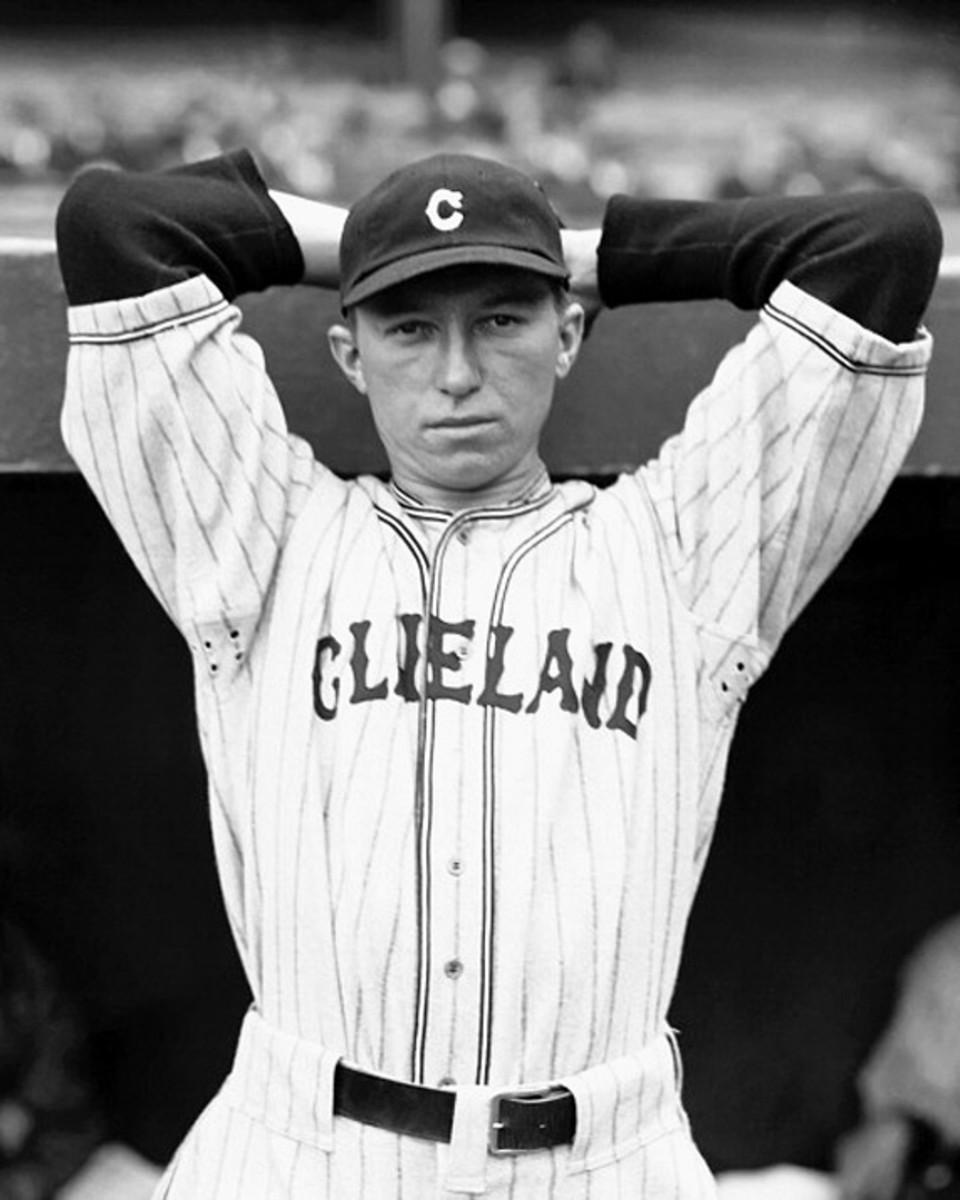
Cleveland stalwart Harder, who made four straight All-Star teams from 1934 to '37, holds the All-Star record for most innings pitched without allowing a run. Given that his 13 innings pitched are just 6 1/3 fewer than Don Drysdale’s record 19 1/3 (1.40 ERA, 19 K), that gives Harder this spot. Harder's top performance came in the second-ever All-Star Game in 1934. When Harder entered the game in the fifth, the AL was ahead 8-6 but faced a no-out, runners-on-the-corners situation. Pie Traynor stole home to cut the lead to one, but Harder held the NL there and finished the game by allowing just two more base runners in five scoreless innings to earn the win in a 9–7 AL victory. The next year, he worked three scoreless innings to save a 4–1 AL win.
LHP: Lefty Gomez: 2.50 ERA (18 IP)
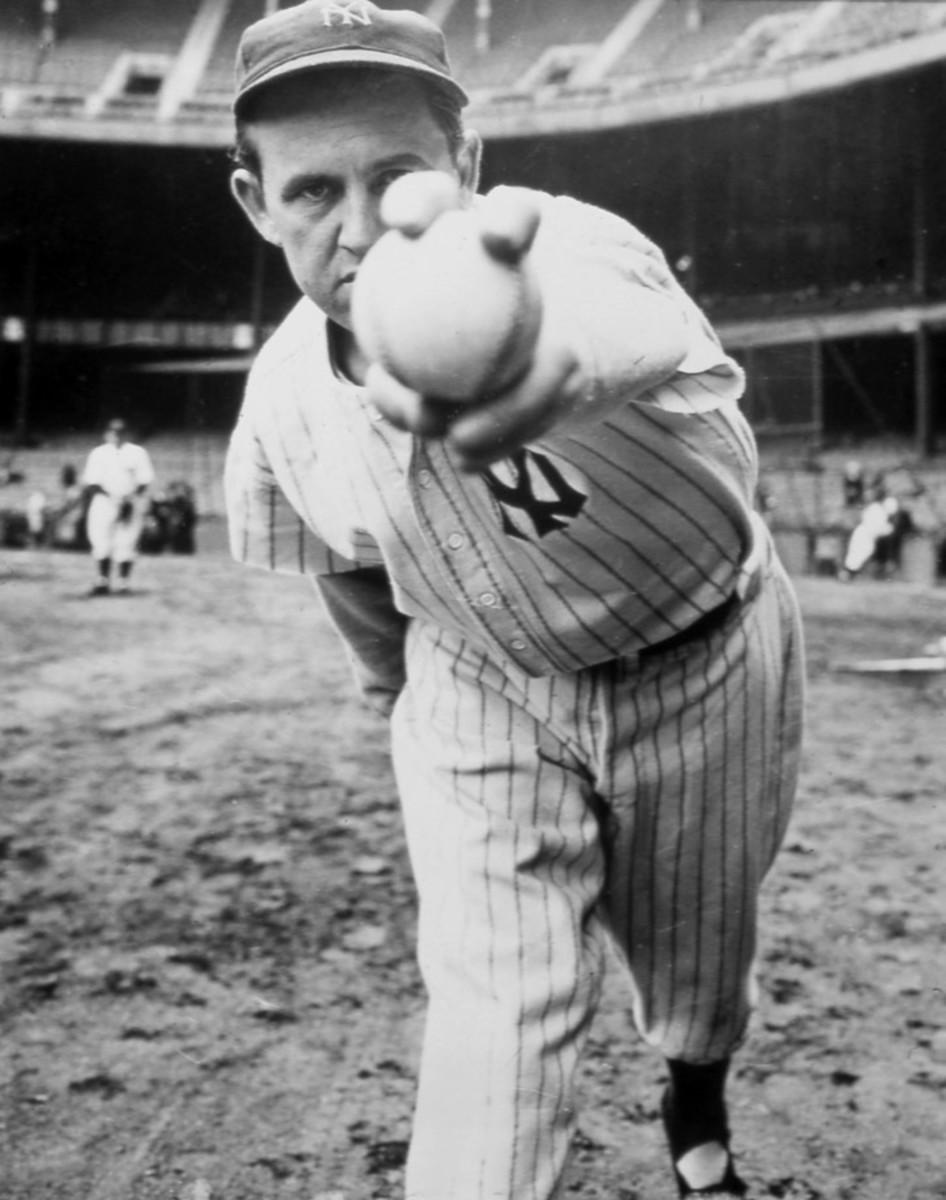
With less competition, Gomez takes the lefthanded spot here as much for his historical significance as his performance. Gomez started the first three All-Star Games for the AL, earning the win in 1933 and '35, and he is tied for the most starts in All-Star history with five (Gomez was selected to two other All-Star teams but didn’t pitch). He is the only pitcher ever to pick up the win in three All-Star games. Gomez was lit up in his second All-Star start in 1934, but in his other four starts, he allowed a total of two runs, one earned, in 15 innings. In '35, he became the only pitcher in All-Star history to record a quality start in All-Star play, pitching a record six innings and allowing just one run on three hits to beat the best the NL had to offer.
Closer: Mariano Rivera: 0.00 ERA (9 IP)
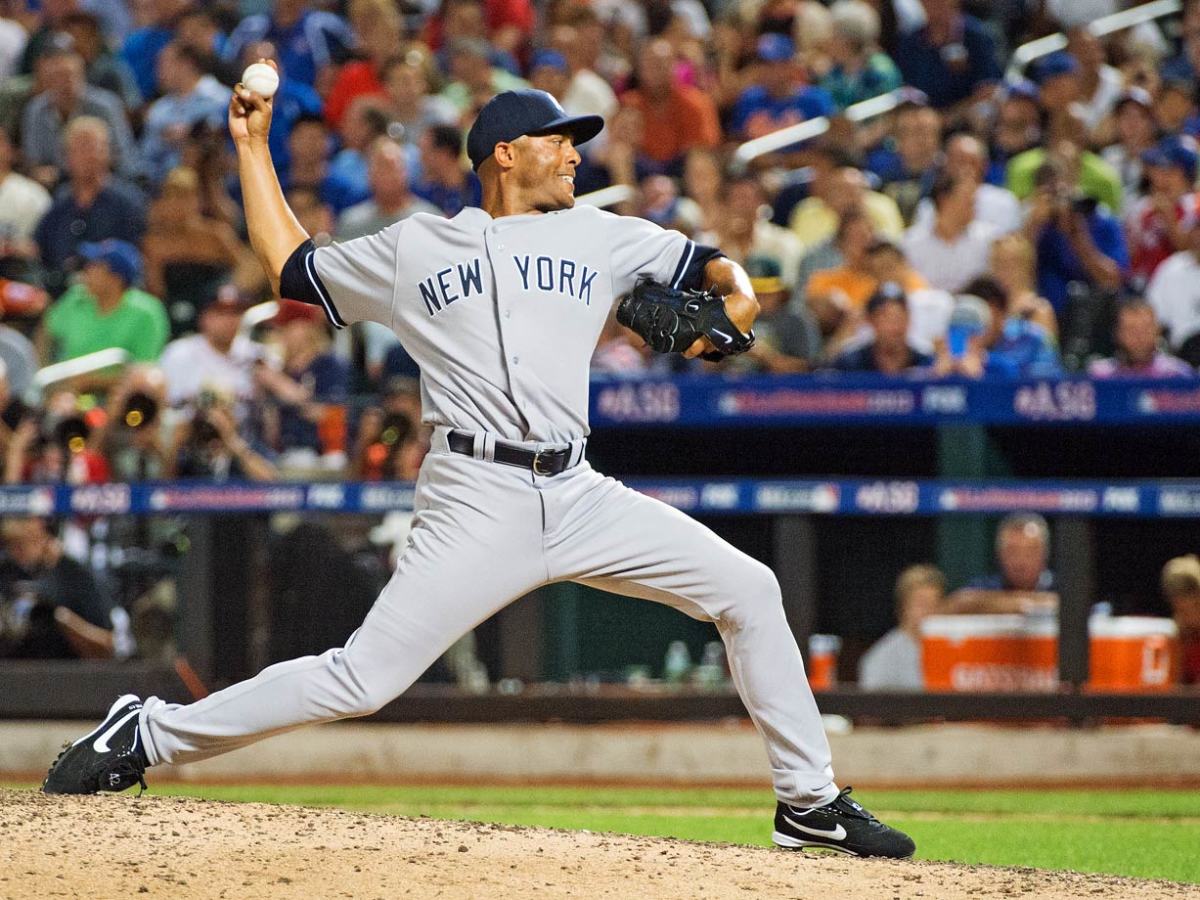
After Harder, the pitcher with the next-most All-Star innings and a 0.00 ERA is Rivera, who made the team 13 times (second most among pitchers after Warren Spahn's 17), appeared in nine games, finished six of them (tied with Gossage for the All-Star Game record), saved four (the outright record), walked no one (he holds the record for most innings pitched without a walk) and allowed only one unearned run, that coming after a Nomar Garciaparra throwing error in 2000. Of Rivera’s nine All-Star appearances, six of them passed without his allowing a hit or a walk. If not for a Jose Lopez error in '06, five of those would have been 1-2-3 innings.
